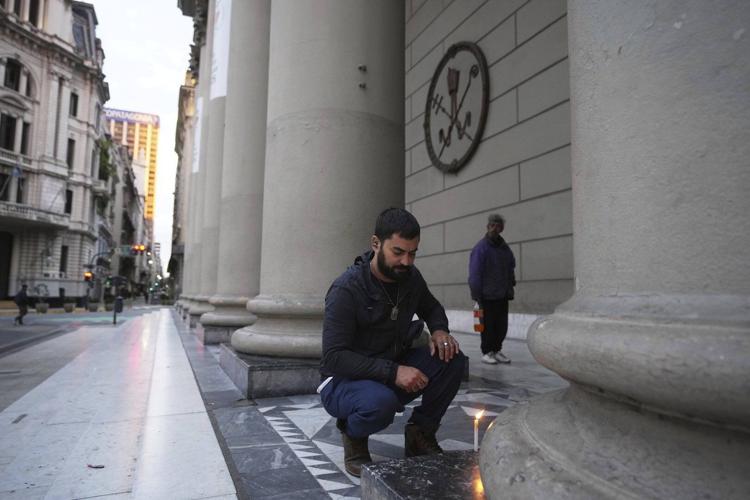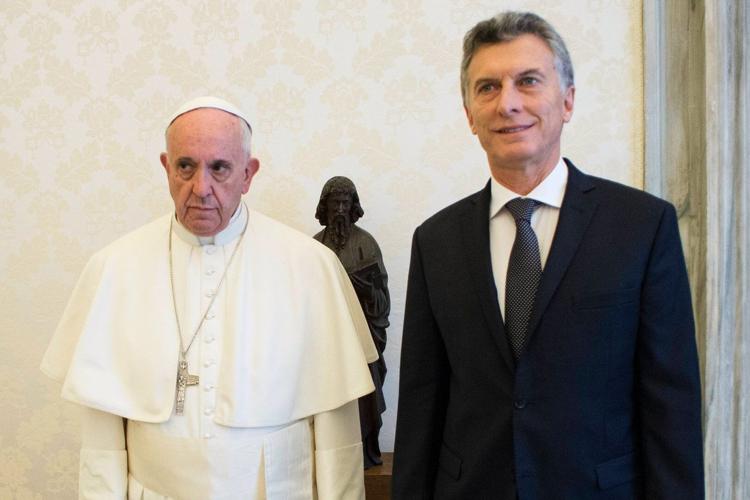Pope Francis: Legacy Of Controversy, Reform & The Future
Did Pope Francis, during his tenure at the helm of the Catholic Church, truly embody a revolutionary spirit, or was his papacy a complex tapestry woven with threads of both profound progress and deep-seated division? The undeniable truth is that his twelve years were marked by a level of engagement with the modern world that both captivated and challenged, leaving an indelible mark on the institution and the faithful alike.
Having spent twelve years at the helm of the Catholic Church, Pope Francis was a globally beloved and respected figure, a testament to his charisma and his focus on the marginalized. Yet, alongside the accolades, he generated more than his fair share of controversy, a consequence not only of his actions, but also of the rise of social media and its ability to amplify and intensify debate. His papacy, therefore, is a fascinating case study in leadership, faith, and the ever-shifting landscape of global perception.
| Attribute | Details |
|---|---|
| Full Name | Jorge Mario Bergoglio |
| Born | December 17, 1936, Buenos Aires, Argentina |
| Died | March 31, 2024, Vatican City |
| Education | Master's degree in Chemistry |
| Religious Order | Society of Jesus (Jesuits) |
| Ordained Priest | December 13, 1969 |
| Bishop | May 20, 1992 |
| Archbishop of Buenos Aires | February 28, 1998 March 13, 2013 |
| Cardinal | February 21, 2001 |
| Elected Pope | March 13, 2013 |
| Papal Name | Francis |
| Notable Initiatives | Emphasis on social justice, environmental concerns, and dialogue with other faiths. |
| Key Writings | Evangelii Gaudium (The Joy of the Gospel), Laudato si' (On Care for Our Common Home) |
| Controversies | Reforms, handling of clergy sexual abuse cases, and diplomatic stances on political issues. |
| Reference Website | The Holy See - Pope Francis |
Pope Francis was, undoubtedly, a globally beloved and respected figure during his twelve years at the helm of the Catholic Church. Millions around the world admired his humility, his directness, and his consistent calls for social justice. To his supporters, he was a pope who prioritized mercy over judgment, sought to bring the church closer to the marginalized, and emphasized the social mission of the Church. His embrace of the poor, his condemnation of consumerism, and his focus on environmental protection resonated deeply with many, particularly in a world grappling with inequality and climate change. The faithful in his hometown of Buenos Aires, Argentina, for example, lit candles in the church where he found God as a teenager, packed the cathedral where he spoke as archbishop, and prayed in the neighborhoods where he earned the title of "slum bishop."
However, Francis's papacy was far from universally lauded. After an initial honeymoon phase following his election, a different narrative began to emerge. The dust of incense has settled over his death, and the complexities of his legacy are becoming clearer. His Apostolic Exhortation Amoris Laetitia, an official papal teaching on family life, ignited great controversy for seemingly being (more) open to the question of whether people who have divorced and remarried may receive the Eucharist. This was just one of many instances where Francis challenged traditional interpretations of doctrine, prompting a backlash from more conservative elements within the Church. While many hailed him as a progressive reformer, others within the Church pushed back hard against his direction, leading to a divided church.
One of the most significant challenges of his papacy was navigating the internal tensions within the Church. Francis often found himself "between a rock and a hard place," deemed not progressive enough by some, yet far too progressive by others. This inherent conflict fueled intense debates, both within the Vatican and across the globe, particularly as social media amplified these voices, intensifying the controversies.
Moreover, his outspoken stance on political issues often drew criticism. In November 2020, Pope Francis included China's Uyghur minority in a list of the world's persecuted peoples, drawing criticism from the Chinese government. This example highlights the difficult balance he sought to maintain between his moral convictions and the realities of international diplomacy. In the nearly 12 years since his inauguration, Pope Francis received praise and criticism in almost equal measure for his outspoken stance on political issues. These pronouncements, while applauded by some, often led to strained relationships with various governments and organizations.
During his 12 years of service as the leader of the Roman Catholic Church, Pope Francis often became a subject of criticism and controversy. His remarks at an interreligious meeting in Singapore, for instance, were taken by some as a departure from Catholic doctrine on the role of Jesus Christ in salvation, adding to the ongoing discussions around the interpretation of his statements.
The controversy extended beyond specific policy or doctrinal interpretations. Francis, born Jorge Mario Bergoglio, wasn't shy about expressing his views and made many statements in his relatively short time as leader of the Catholic Church that sparked debate, joy, and, for some, anger. He "ripped up the rulebook while wearing" the white cassock, daring to change tradition, or at least poke it hard enough to leave a crack. He leaves behind a Church grappling with the implications of those changes, with the passing of the "last papal filter between radical reform and institutional recoil."
Francis's emphasis on mercy, however, was a defining characteristic. He does not aspire to fulfill his role as a theologian but as a pastor, consistently emphasizing the importance of compassion and understanding. This focus, however, did not shield him from intense scrutiny and at times, criticism from the more conservative wing of the church.
The death of Pope Francis, announced on Easter Monday at the age of 88, after speaking to followers on Easter Sunday, has prompted an outpouring of tributes. However, it also offers an opportunity to assess the impact of his papacy, acknowledging both the achievements and the controversies that defined his time in office. Pope Francis, known for his willingness to confront difficult issues and challenge the status quo, leaves behind a complex legacy.
The controversy behind the Popes remarks, from the Vatican prelates criticizing him in anonymous letters to the various interpretations of his pronouncements, is testament to the lasting impact of his leadership. Paul Elie, among others, writes about the conflict between Pope Francis and the traditional Latin Mass movement, which is associated with the right wing, in the Catholic Church. The debates are now part of the Catholic Church's modern narrative.
Ultimately, assessing the legacy of Pope Francis requires a nuanced perspective. He was a man of profound faith, but also a leader who understood the complexities of the modern world. His papacy was marked by both remarkable achievements and significant controversies. Whether one considers him a progressive reformer or a figure who destabilized the Church, Pope Francis undeniably left a lasting impression.


